
Ariel Bazzini, Ph.D.
Associate Investigator
| Name | Position at Stowers | Years at Stowers |
|---|---|---|
| Luciana Castellano | Predoctoral Researcher | |
| Qiushuang Wu (Q) | Predoctoral Researcher | |
| Michay Diez | Predoctoral Researcher | |
| Ryan McNamara | Bioinformatics | |
| Horatio Martin Pallares | Graduate Researcher | |
| J. Rene Wong | Visiting Student | |
| Erika Pinto | Undergraduate Researcher | |
| Olivia Rippee | Stowers Scholar | Summer 2021 |
| Amanda Sandberg | Stowers Scholar | Summer 2021 |
| Santiago Medina Munoz | Undergraduate Researcher, Bioinformatics Technician | 2016-2018, 2018-2020 |
| Elizabeth Humphrey | Coordinator | January 2020 - June 2020 |
| Maria Jose Pascual | Researcher | November 2019 - February 2020 |
| Maria Blanco Salazar | Student Researcher | June 2019 - August 2019 |
| Yue Liang | Rotation Student | April 2019 - June 2019 |
| Kaelan Brennan | Rotation Student | March 2019 - April 2019 |
| Lucia Ramirez Navarro | Student Researcher | June 2018 - August 2018 |
| Isidora Stankovic | Student Researcher | May 2018 - July 2018 |
| Jacqelyn Hand | Postdoctoral Associate | August 2016 - June 2018 |
| Ruohan Zhong | Rotation Student | April 2018 - June 2018 |
| Raktim Roy | Rotation Student | April 2018 - June 2018 |
| Hui Qian | Rotation Student | March 2018 - May 2018 |
| Kai Zhang | Rotation Student | January 2018 - February 2018 |
| Amina Zemouri | Researcher | April 2017 - September 2017 |
| Elise Viode | Student Researcher | June 2017 - August 2017 |
| Shivani Sharma | Research Technician | January 2017 - June 2017 |
| Soham Karmakar | Rotation Student | April 2017 - June 2017 |
| Todd Gallagher | Rotation Student | April 2017 - June 2017 |
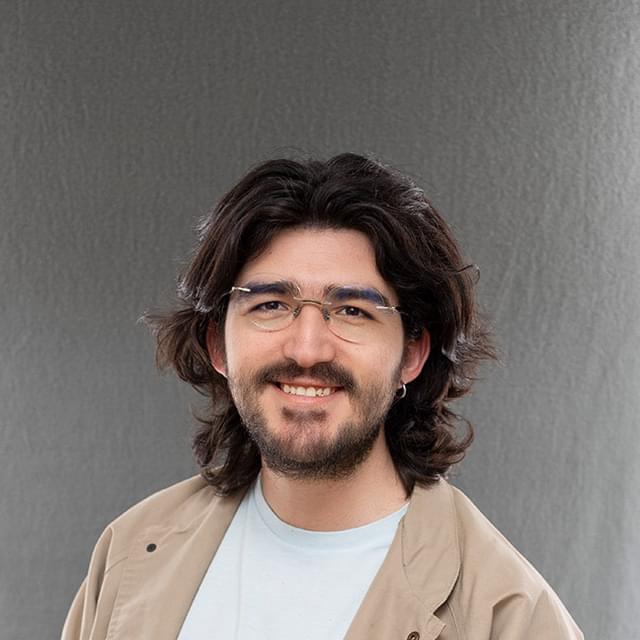
Research - I am very interested in all the applications of computational biology, during my undergrad thesis I did molecular dynamics simulations of protein complexes to analyze the mechanism of action of pore-forming peptides, then, for my MSc thesis, I focused on Artificial Intelligence-based drug discovery. I am currently studying how dORFs can regulate the translation of canonical ORFs by analyzing Ribo-seq and RNA-seq data.
Hobbies - I enjoy playing video games, listening to music, reading essays, and cooking. I also like hiking.

Ph.D. Student
B.S., Federal University of Pará
M.S., Federal University of Pará
Joined: 2019
Research: I have an ever growing passion for Biology since elementary school, exploring ideas and testing hypothesis is exciting! For my PhD I’m very interested in investigating the mechanisms that regulate mRNA degradation rate, both normally and in aberrant molecules, how they affect gene expression, embryo development and their role in evolution.
Hobbies: I enjoy outdoors activities, camping and swimming in rivers/lakes. While at home I like having friends over, watching anime, reading manga and playing online survivor games.

Associate Investigator
Stowers Institute for Medical Research
Development and Regeneration, Genetics and Genomics, Molecular and Cell Biology
Gene Expression: Transcription to translation; Laboratory Rotation; Thesis laboratory
Ariel Bazzini joined the Stowers Institute in 2016. His research focuses on gene regulation in development and disease and in unraveling the intricacies in RNA stability and translation.
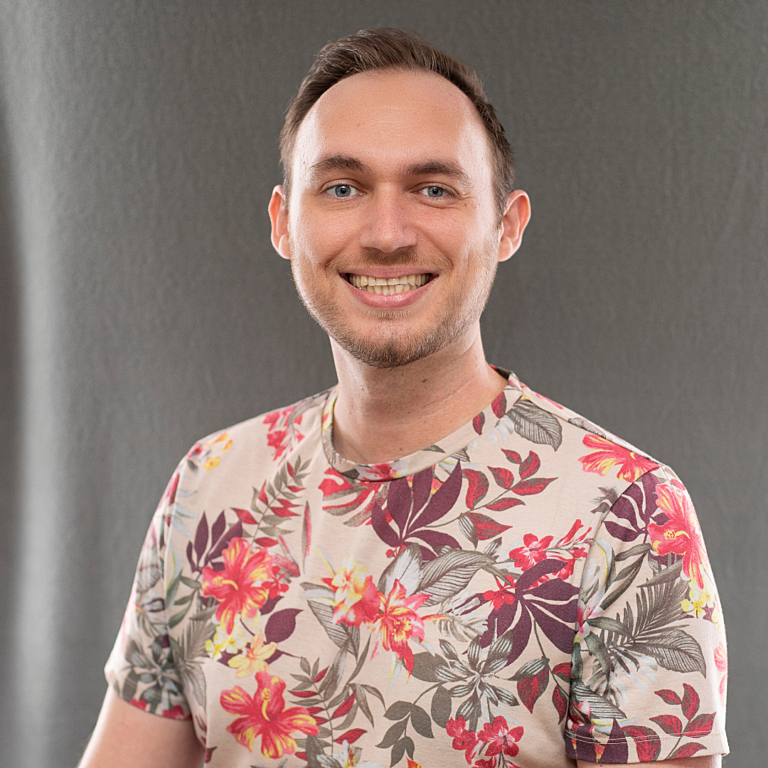
Research - I am fascinated by how cells change over time, particularly in zebrafish development where in less than 12 hours cells transition from undifferentiated blastomeres to brain, muscle, germline, etc. While we now understand many of the transcriptional hierarchies that regulate early embryonic development, much remains unknown about how translational regulators shape this rapid acquisition of cell fates!
Hobbies - I am an avid tennis player, I enjoy cooking (ask me about my favorite homemade pizza toppings!), and I love meeting new people!
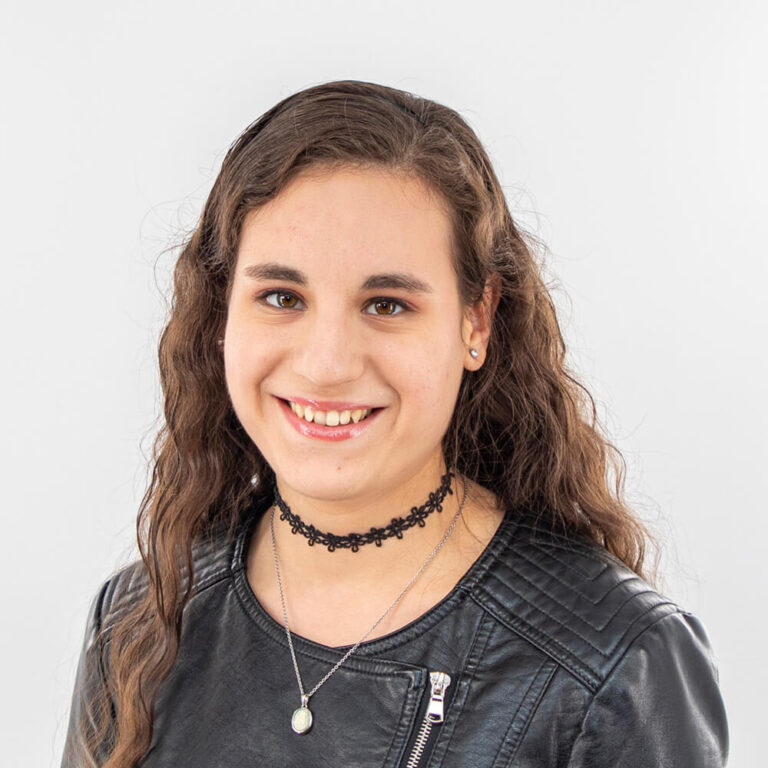
Ph.D. Student
B.S., Basic Biomedical Research, National Autonomous University of Mexico
Joined: 2021
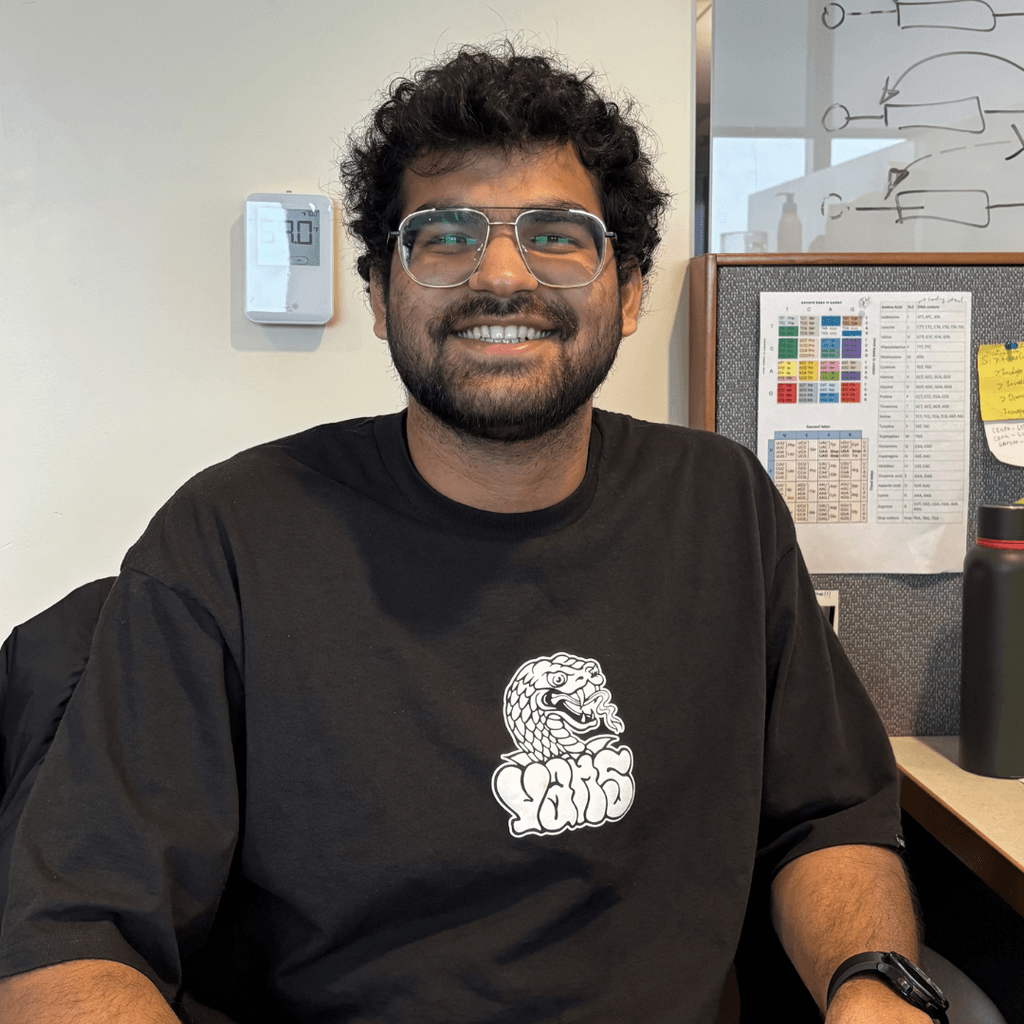
Research- My scientific journey began with a fascination of physics, but over time, my interest shifted towards developmental biology. Currently, my interest lies in the role of RNA in cellular function, particularly how information encoded in RNA can influence normal cellular processes. In the Bazzini Lab, I am investigating the cis-regulatory roles of downstream open reading frames during translation, and how these elements contribute to the regulation of gene expression.
Hobbies- I enjoy following and playing sports.

Ph.D. Student
B.S., Federal University of Santa Catarina
M.S., Federal University of Santa Catarina
Joined: 2019
Gabriel da Silva Pescador has always been interested in natural sciences, so when he was introduced to cell biology in high school, he ran with it – all the way to becoming a predoctoral researcher in the Graduate School of the Stowers Institute.
Along his journey, he has taken a few steady leaps. As an undergraduate and master’s student, he studied how epidermal growth factor promotes neural crest cells to become pigmented melanocytes in the quail research organism.
While an undergrad, he spent time at the University of Pittsburgh as an exchange student and worked with fruit flies. He published a paper on Latin American contributions to neural crest research, and worked as a research technician for Marianne Bronner, Ph.D., at Caltech.
da Silva Pescador knew about Stowers because he was familiar with the work of Graduate School Faculty and Stowers Investigator Paul Trainor, Ph.D., and Imaging Center Director Paul Kulesa, Ph.D., on the neural crest. When he visited the campus, he was encouraged by the enthusiasm of fellow scientists toward their research.
As a predoctoral researcher, da Silva Pescador wants to enhance his scientific thinking to answer relevant questions in developmental biology while working with investigators and predoctoral researchers from different backgrounds.
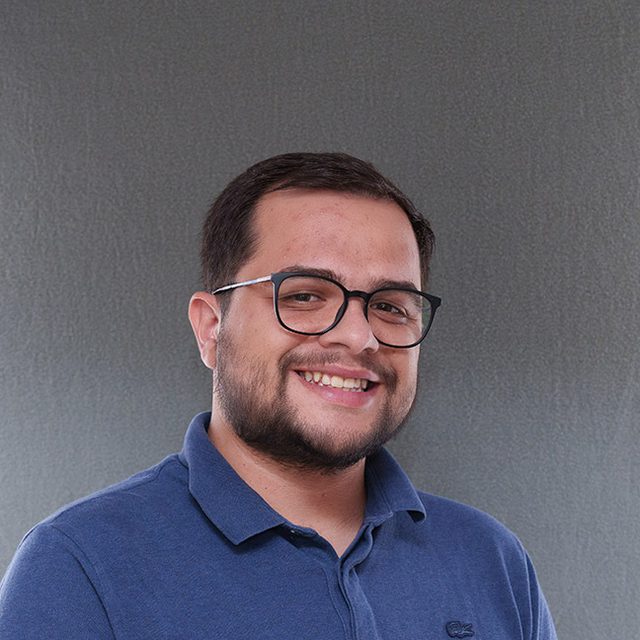
Computational Biology Scholar
Bazzini Lab
Hometown: Cuernavaca, Mexico
Research Interests: I’m deeply interested in molecular biology, genetics, gene regulation, and developmental biology, with a particular emphasis on leveraging computational biology to advance these fields.
Hobbies: My hobbies include cooking, watching movies, biking, taking my pets for walks, and listening to a variety of random podcasts.
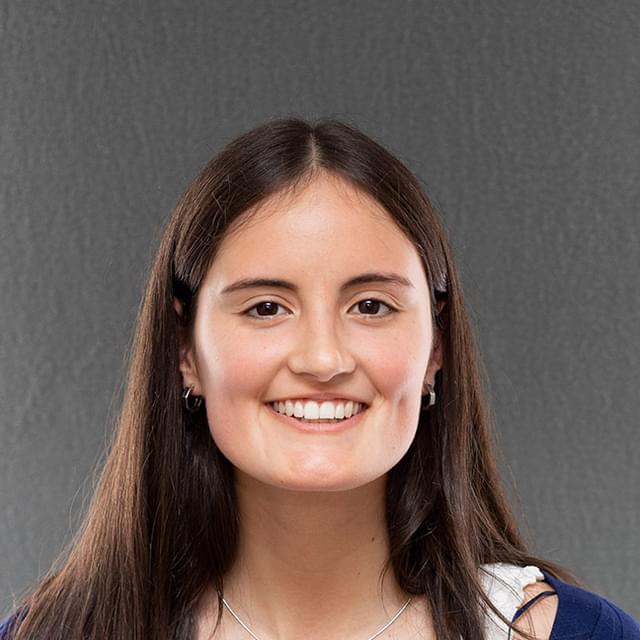
Research Technician II
Bazzini Lab
Hometown: Concepción, Chile
Research Interests: I'm fascinated by how gene regulation controls early development and oocyte quality, focusing my research on molecular and developmental biology. I am constantly seeking to comprehend the complex relationships between genes and cellular functions that underlie our knowledge of developmental diseases, infertility, and potential improvements in assisted reproductive technologies.
Hobbies: I love reading fantasy books. I enjoy watching tv shows, listening to music and cooking.
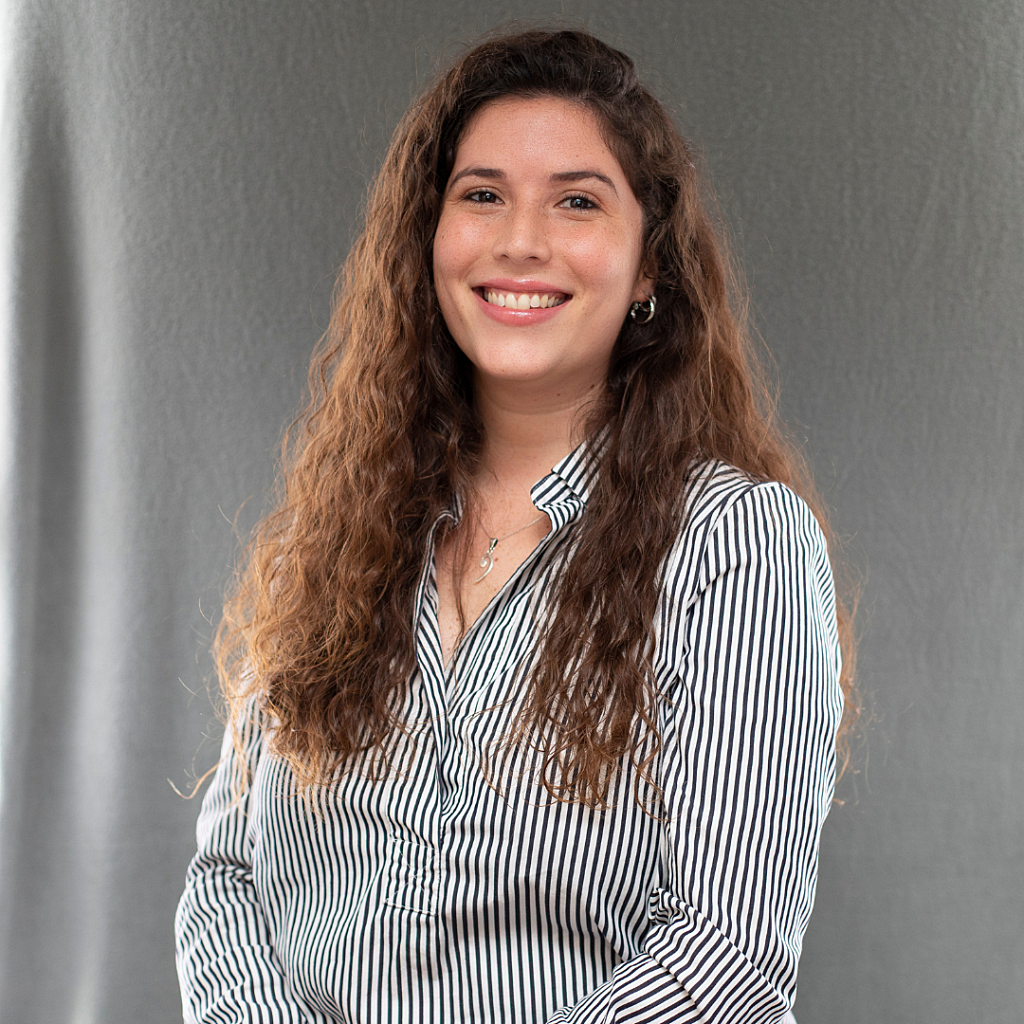
Josefina is a postdoctoral research associate in the Si and Bazzini labs.

Research - I am interested in the noncoding genome, how with increase in the complexity of the organism the content of noncoding genome increases. Even during the early embryonic development, how the noncoding regions of the genes regulate the fate of the early embryo development. Now with the advent of CRISPR-Cas system it has become more fascinating to understand the role of such sequences both at DNA and RNA levels. Recently we have developed CRISPR-Cas13d tool for higher vertebrate models. Using CRISPR-Cas13d, one can target different kinds of RNA in the genome and decipher the complex regulatory lexicon of early embryonic development in higher vertebrate systems.
Hobbies - Playing cricket, volleyball, cooking, watching sci-fi movies.
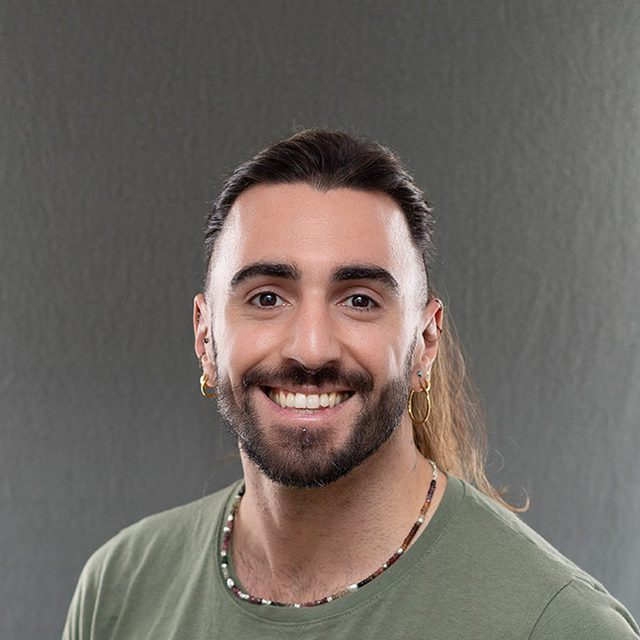
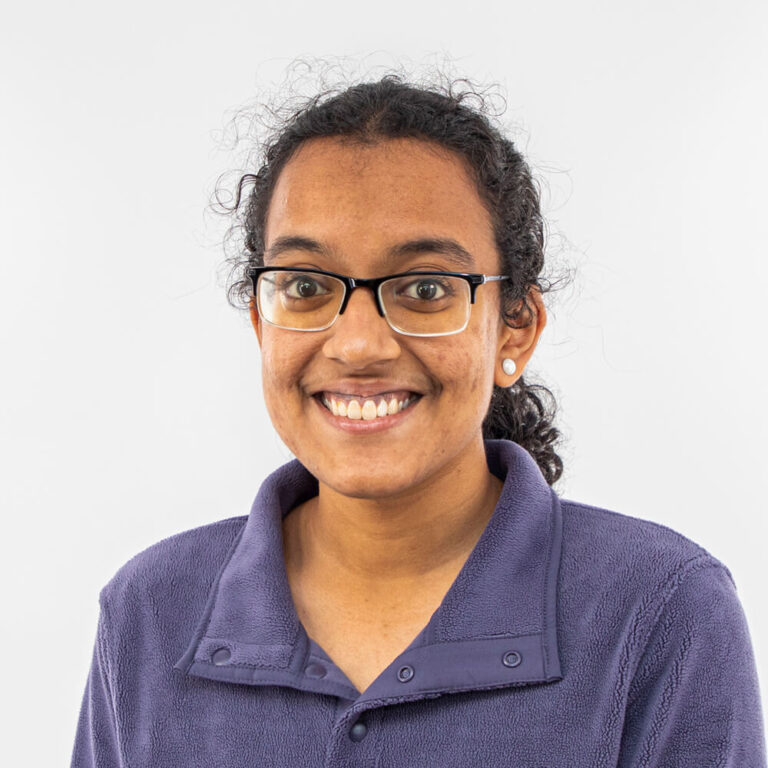
Predoctoral Researcher
B.S., M.S. in Biology, Indian Institute of Science Education and Research
Joined: 2021
Research Interests: I am interested in circadian biology, metabolism, development and evolution. Currently, I am studying the role of maternally deposited circadian transcripts in the early zebrafish embryo. My previous background is in mouse metabolism and developmental cell biology.
Hobbies: music, reading novels, drinking chai (Indian milk tea)

Predoctoral Researcher
B.S., Cell and Molecular Biology, Winona State University
Joined: 2020